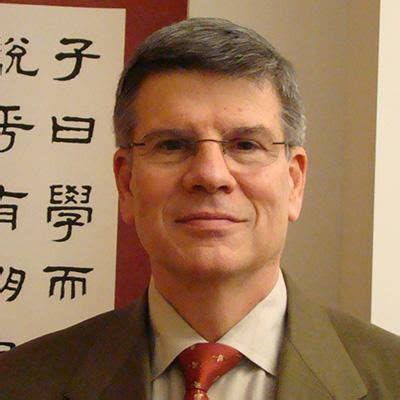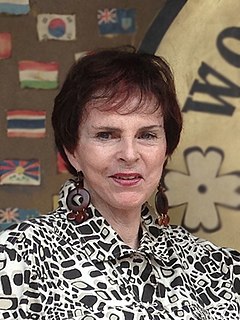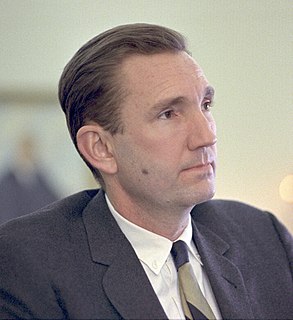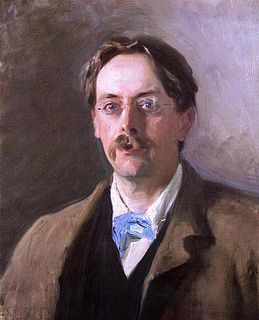A Quote by William C. Kirby
Now, I believe that war is never inevitable until it starts, but there has been a great proclivity in human history, and including in recent history, for war.
Related Quotes
The Philippines and the U.S. have had a strong relationship with each other for a very long time now. We have a shared history. We have shared values, democracy, freedom, and we have been in all the wars together in modern history, the World War, Second World War, Cold War, Vietnam, Korea, now the war on terrorism.
War is a great destroyer. And human history has arrived at a pivotal moment. We can choose a path built on cooperation, where our caring and sharing side uplifts us, or we can continue to embrace a worldview where domination using violence imprisons us in cycles of killing and destruction. I'm a biologist, and war is not genetically fixed. War is a cultural invention. It's time to end this abomination, and this World Beyond War movement is uniquely focused on unifying the human community to create one of the biggest revolutions in history. I'm in. Join us!
I see this as the central issue of our time: how to find a substitute for war in human ingenuity, imagination, courage, sacrifice, patience... War is not inevitable, however persistent it is, however long a history it has in human affairs. It does not come out of some instinctive human need. It is manufactured by political leaders, who then must make a tremendous effort--by enticement, by propaganda, by coercion--to mobilize a normally reluctant population to go to war.
They have always taught and trained you to believe it to be your patriotic duty to go to war and to have yourselves slaughtered at their command. But in all the history of the world you, the people, have never had a voice in declaring war, and strange as it certainly appears, no war by any nation in any age has ever been declared by the people.
The question of whether world peace will ever be possible can only be answered by someone familiar with world history. To be familiar with world history means, however, to know human beings as they have been and always will be. There is a vast difference, which most people will never comprehend, between viewing future history as it will be and viewing it as one might like it to be. Peace is a desire, war is a fact; and history has never paid heed to human desires and ideals.
I've worked for four presidents, and I've concluded that almost nothing is inevitable. History is to a significant extent the result of the interaction of personalities and ideas. And so I don't believe war between the U.S. and China is in any way inevitable, and it's well within the province of diplomacy and statecraft to avoid it.
It has never happened in history that a nation that has won a war has been held accountable for atrocities committed in preparing for and waging that war. We intend to make this one different. What took place was the use of technological material to destroy a defenseless country. From 125,000 to 300,000 people were killed... We recognize our role in history is to bring the transgressors to justice.
For most of human history, the main goal of states has been to conquer land and to achieve glory for their rulers, usually at others' expense. Then in recent decades it was all about GDP. It's only in very recent history that rulers have been willing to commit themselves to helping their citizens live happier lives.
I did not know much history when I became a bombardier in the U.S. Air Force in World War II. Only after the War did I see that we, like the Nazis, had committed atrocities... Hiroshima, Nagasaki, Dresden, my own bombing missions. And when I studied history after the War, I learned from reading on my own, not from my university classes, about the history of U.S. expansion and imperialism.
With all of the history of war, and the human race's history unfortunately has been a good deal more war than peace, with nuclear weapons distributed all through the world, and available, and the strong reluctance of any people to accept defeat, I see the possibility in the 1970's of the President of the United States having to face a world in which 15 or 20 or 25 nations may have these weapons.
The immediate success of the war poem anthologies ... proved that the war had aroused in a new public an ear for contemporary verse ... There has never before, in the world's history, been an epoch which has tolerated and even welcomed such a flood of verse as has been poured forth over Great Britain during the last three years.
I was born just after the end of World War II, and with my friends in our little suburban backyards in New Jersey, we used to play war a lot. I don't know if boys still play war, they probably do, but we were thrusting ourselves into recent history and we were always fighting either the Nazis or the Japanese.



































